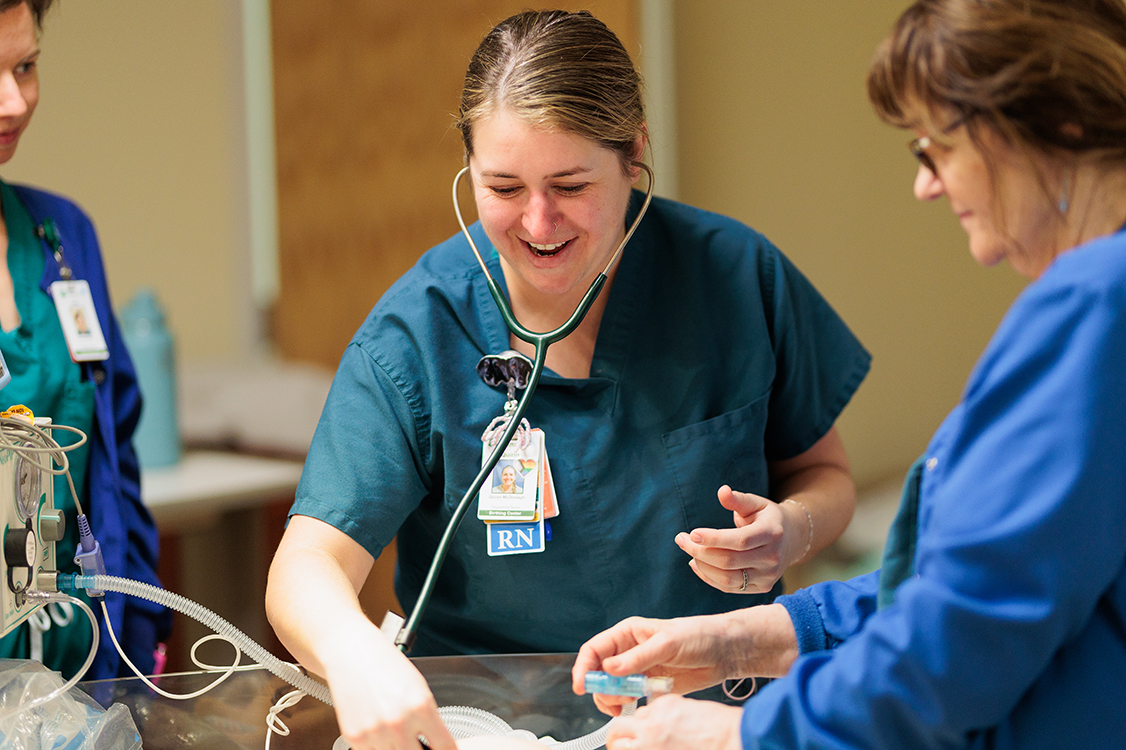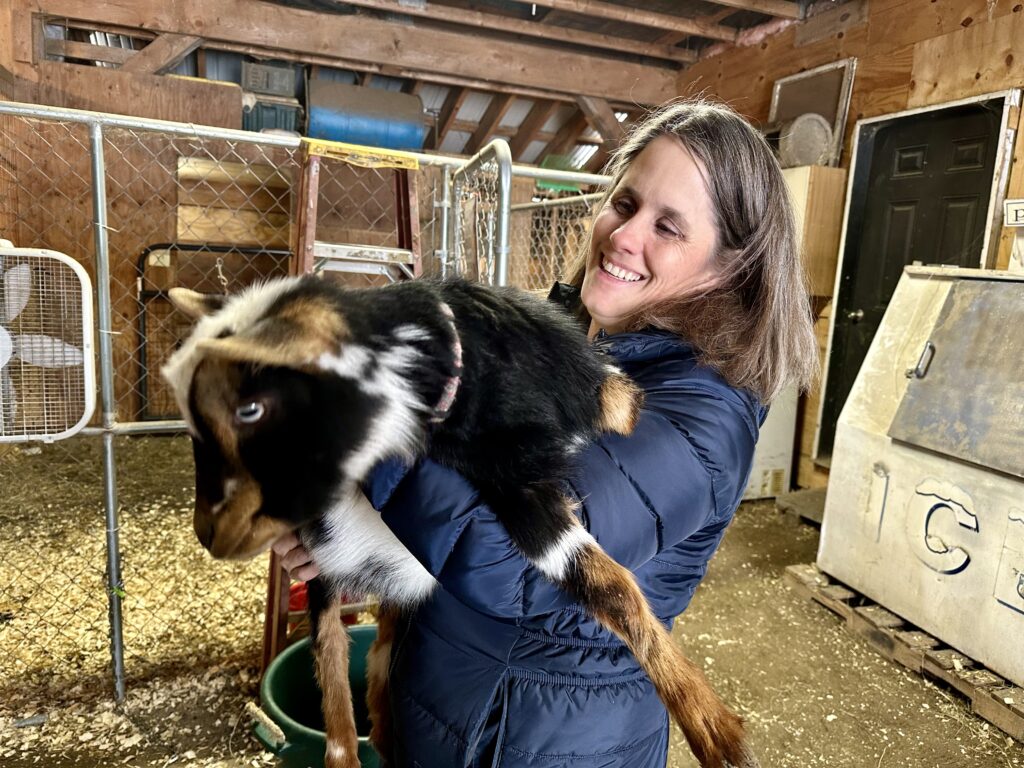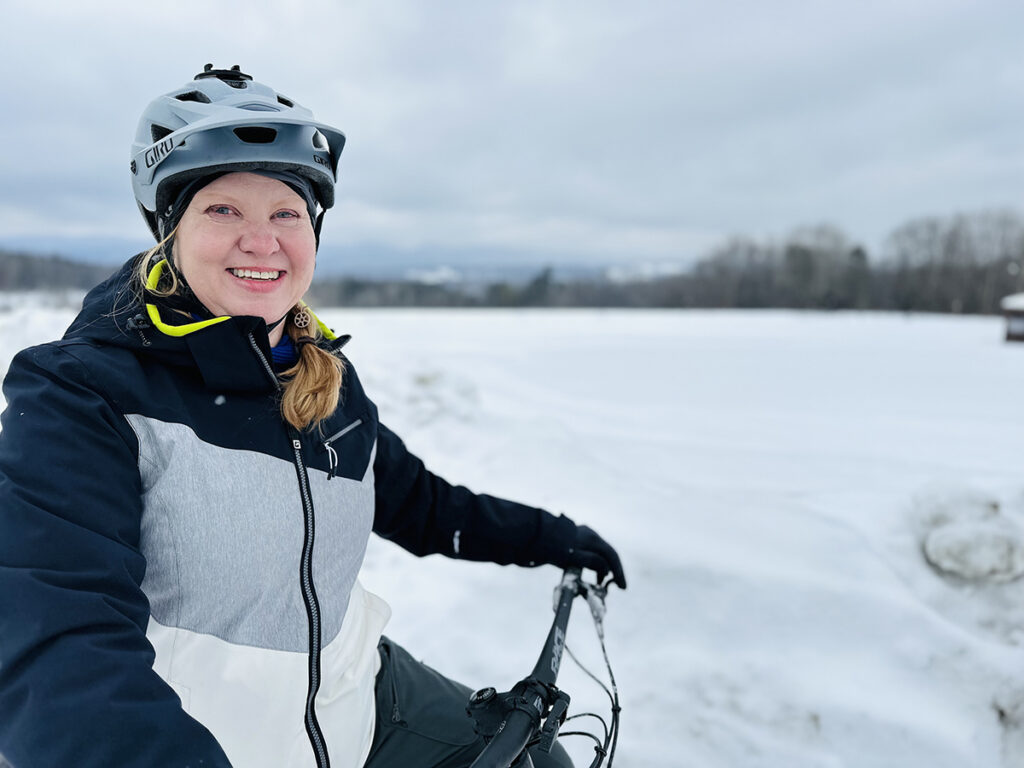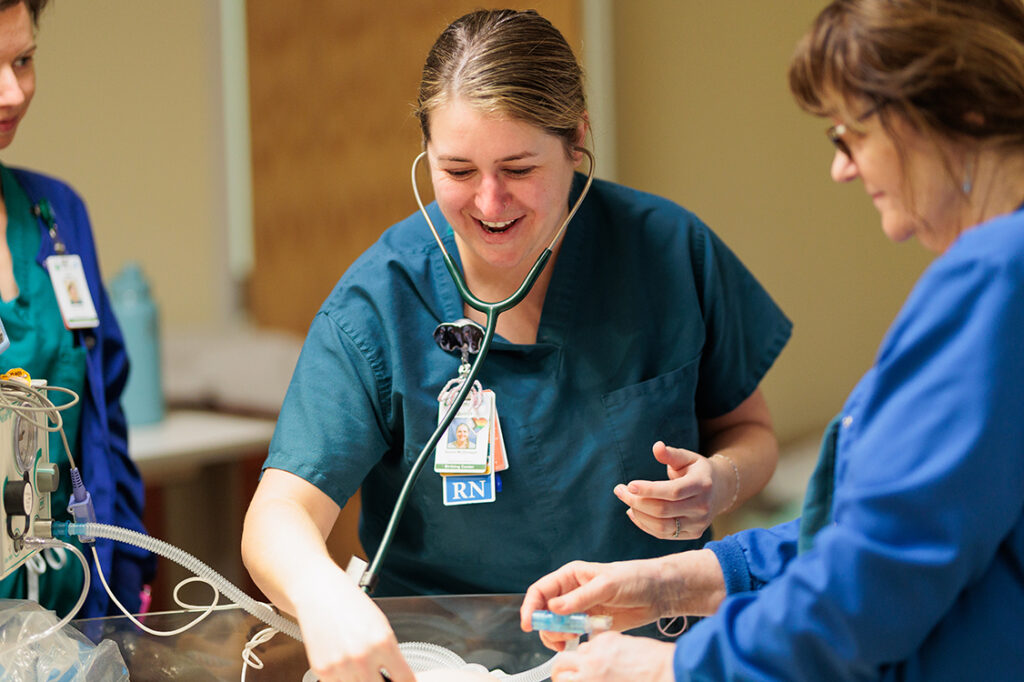
The Oxford dictionary defines rural as “in, relating to, or characteristic of the countryside rather than the town.” Similar words include country, pastoral, rustic, bucolic, agricultural. Rural areas typically have low population density, small settlements, farms, forests, or wide-open spaces.
Rural also means home. For those us who’ve chosen to make our lives here in Vermont, it reflects a decision, or many decisions, about where we want to be. Work. Raise our children. Spend our free time.
Still, rural life can be tough, and tough on the body. According to the Centers for Disease Control and Prevention (CDC), rural Americans are at greater risk of death from heart disease, cancer, unintentional injury, chronic lower respiratory disease, and stroke. “Some rural areas have characteristics that put residents at higher risk of death, such as long travel distances to specialty and emergency care or exposures to specific environmental hazards. … Rural Americans tend to have higher rates of cigarette smoking, high blood pressure, and obesity. … They also have higher rates of poverty, less access to health care, and are less likely to have health insurance.”
Providing health care in rural areas—where 46 million Americans live, by the way, about 30,000 of whom are in Orange County, Vt.—takes a uniquely qualified and committed person. Someone who still wants to work in health care in this post-emergency-but-still-pandemic world. Someone with the skills and training. But also someone drawn to the lifestyle (outdoorsy, farm-to-table) who’s not put off by the challenges (mud season, isolation, no Chipotle). Someone who appreciates long winters, all things maple-infused and craft-brewed, knowing their neighbors, and helping their neighbors.
We have a lot of those someones here at Gifford. In a recent employee survey with 114 respondents, 53 percent of colleagues told us they live on a dirt road; 61 percent have tapped a maple tree; 61 percent make/grow/raise veggies, eggs, meat or other items for their families or to market; 98 percent told us they enjoy the outdoors. Ninety-one percent can identify a favorite green mountain, with 27 percent of respondents picking Camel’s Hump.
We’re a pretty even split between Vermont natives and transplants, including those of us who followed a job here.
Or two jobs, like the Heneys, Drs. Jessica and Ryan, who in October 2023 joined our Primary Care team, Jessica in Randolph and Ryan at Bethel Health Center. Both Heneys, who describe themselves as mission-driven, were drawn to Gifford’s size and community.
“Gifford reminded me of where we did our training,” says Jessica. “I was really looking for that after being at a large center where no one knew anyone. Gifford feels very familiar. We also talked to people who work here, some of them for decades, and they obviously love it.”
So what does living, working, and providing health care in our corner of Vermont look like? There’s no one who can answer that better than our team members. They each have a different, inspiring story. They are redefining rural, and in late 2023 we launched a campaign of the same name to share their stories. We provide a glimpse of their work life but also look at their lives outside Gifford and what keeps them motivated on challenging days.
We’ve heard from Jamie Cushman, a Vermont native and longtime Gifford nurse who now shares her knowledge and depth of experience as a nurse educator. At home, Jamie and her family own and operate a farm that produces pork, chicken, handcrafted goat milk soap and more on their Barre, Vt., property.

And Nadine Nelson, another longtime nurse who currently serves as director of nursing at Menig Nursing Home. Nadine, who grew up far south of the equator and never experienced snow until she was 18 years old, thrives on our Green Mountains in all seasons, shredding the trails with the tires of her fat bike.

Next up is Matthew Bouteiller, a physician assistant in our Emergency Department who in his downtime can be found playing guitar with his band, Radio Bear, or making his way down the slopes of Saskadena Six with his favorite wee skier, daughter Esme, 3.
We’re learning from our colleagues that, while we each appreciate different things about our lives in Vermont, there are common themes—community, clean air—that unite us in our appreciation:
“The calm, rural atmosphere of central Vermont,” says Marie Kittel, a receptionist in Patient Registration.
“Supportive community and connectedness,” says Dr. Milt Fowler.
“The people, the quiet, the outdoors, Gifford 😉, all the seasons,” says Erica Schleif, LCMHC, mental health therapist and clinical coordinator for psychiatry and counseling.
“Peaceful, beautiful, great place to raise a family, availability to the outdoors. People work toward a common goal, not just themselves,” says Jane Tulloh, radiology technician.
“I love the wholesome, dependable life here! Food is primarily sourced locally, people enjoy and thrive in the outdoors, and there are so many outdoor activities year-round,” says Cassidy Norton, RN, a nurse in our Birthing Center.
“I love the clean fresh air. I love the sense of freedom while walking through the woods or open fields. I love the mountains. And the ‘Vermont way of life,’” says Jessica Blaise Cameron, office representative at Strode Independent Living.
“The seasons, rural landscape and the people—neighbors become friends and those who’ve been neighbors for generations are like family,” says Kathleen Paglia, MSN, RN, nursing house supervisor.

And then there’s Quinn McDonagh, RN, who’s relatively new to the team. Quinn, a recent graduate of Vermont State University, worked on Med Surg before achieving her goal of working as a nurse in our renowned Birthing Center. We recently spoke with Quinn about why she decided to make a career in nursing when nationwide we are seeing a nursing shortage, why she chose Gifford, and how she marries her professional life with her other life, her life outside Gifford.
“This is technically a second career—for many years I worked in hospitality, events, restaurants, and even sales,” says Quinn, who lives in East Montpelier with her husband, Markus, and two rescue puppies. “Most of my dearest friends from nursing school were also all joining nursing as a second career. It’s not too late!”
“I come from a family of nurses on my father’s side, and they for years have told me that I should become a nurse,” she says. But “it wasn’t until after my mother’s leukemia diagnosis that I became her caretaker. After her passing, I was between jobs, my aunts and uncles approached again saying that I should really consider it. I started taking courses that next month.”
As a student, during her clinical rotation at Gifford, Quinn “felt incredibly supported by the staff. That continued on through the rest of my orientation and during my transition into independent practice.”
To anyone who’s just starting out in nursing school, or considering nursing but unsure of the path forward, Quinn has this advice: “Nursing is a lot of hard work. It doesn’t stop at nursing school and the [national exam]. The clinical skills that you obtain are a vital and necessary part of the job, but not entirely. The care, compassion and empathy for your patients, to me, is a crucial aspect. People are often their most vulnerable when in the hospital, and being a strong supportive presence can really alter a person’s experience and overall health. Having a connection with your patients and having a positive effect on their life is an incredibly important part of nursing care.”
Away from work, in her downtime, Quinn enjoys crafting, travel, and music. She and Markus are in a cover band and play a few gigs a year.
“Most often you can find us playing, just the two of us on the couch, or around a fire with friends, him on the guitar, me singing,” she says. “We love traveling both internationally and domestically. Seeing the world really helps me appreciate what we have here in Vermont.”
While national data tell us that rural Americans have “less access to health care,” and therefore experience higher mortality rates, our team is here, providing access, sometimes short-staffed but always committed.
As our population ages, the demand for our team’s essential service only increases. In looking at data comparing 2010 with 2021, published by the Vermont Legislative Join Fiscal Office in January 2023, “the sharp increase from 10.5 percent to 16.4 percent in the share of the population that is ages 65 to 79 suggests greater demand for services that help older people thrive—housing, transportation, health care, and the like. As that population ages over the next ten years, the demand for those services will rise.”
Redefining Rural is dedicated to our team members, team members who are also neighbors, friends, and patients. Because they show up, each and every day, to work in areas ranging from Environmental Services to General Surgery, Gifford continues a more than century-old tradition of excellence in rural health care. We thank them for choosing Vermont, for choosing Gifford, and for redefining what it means to live and work here.
###

